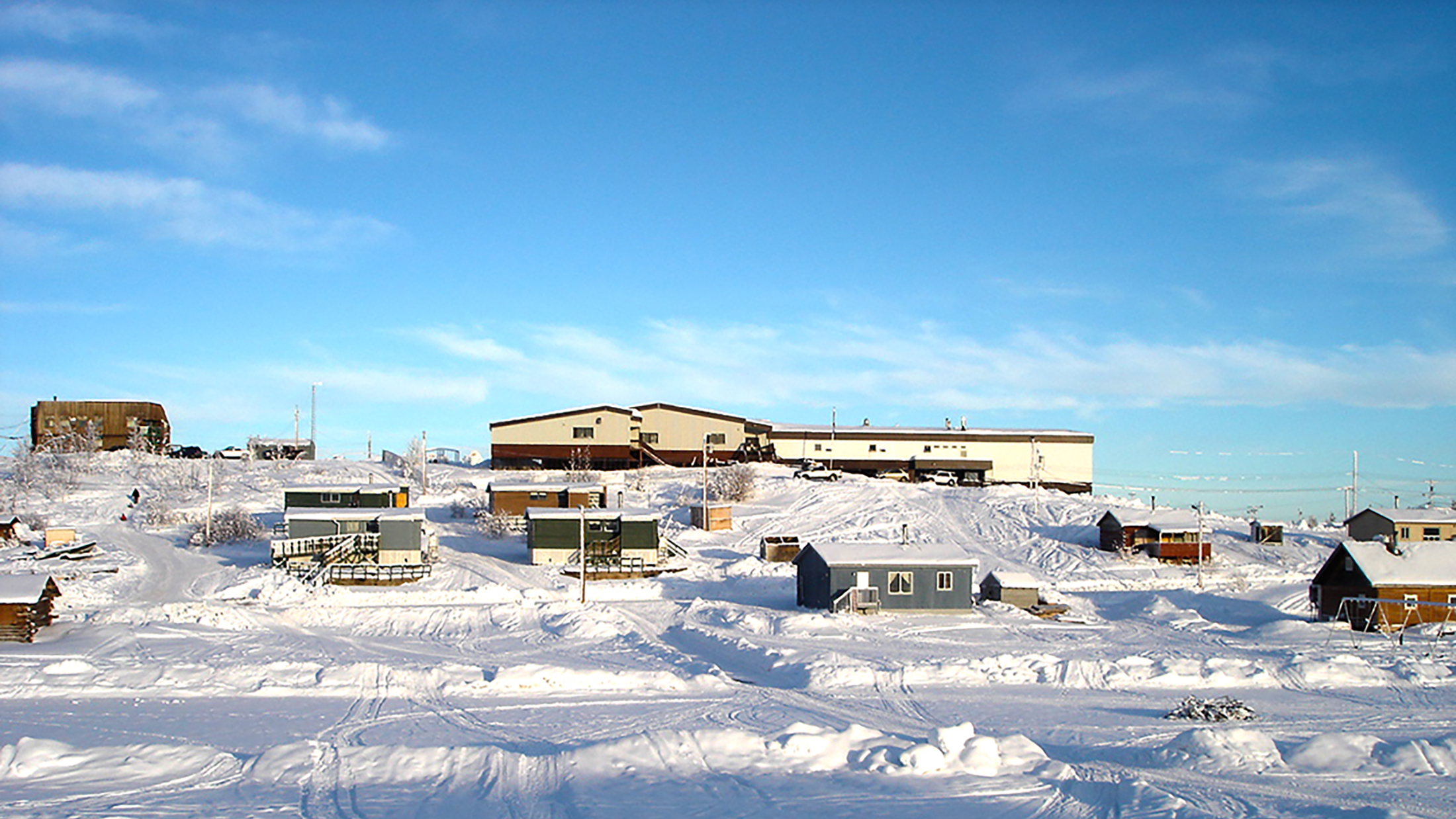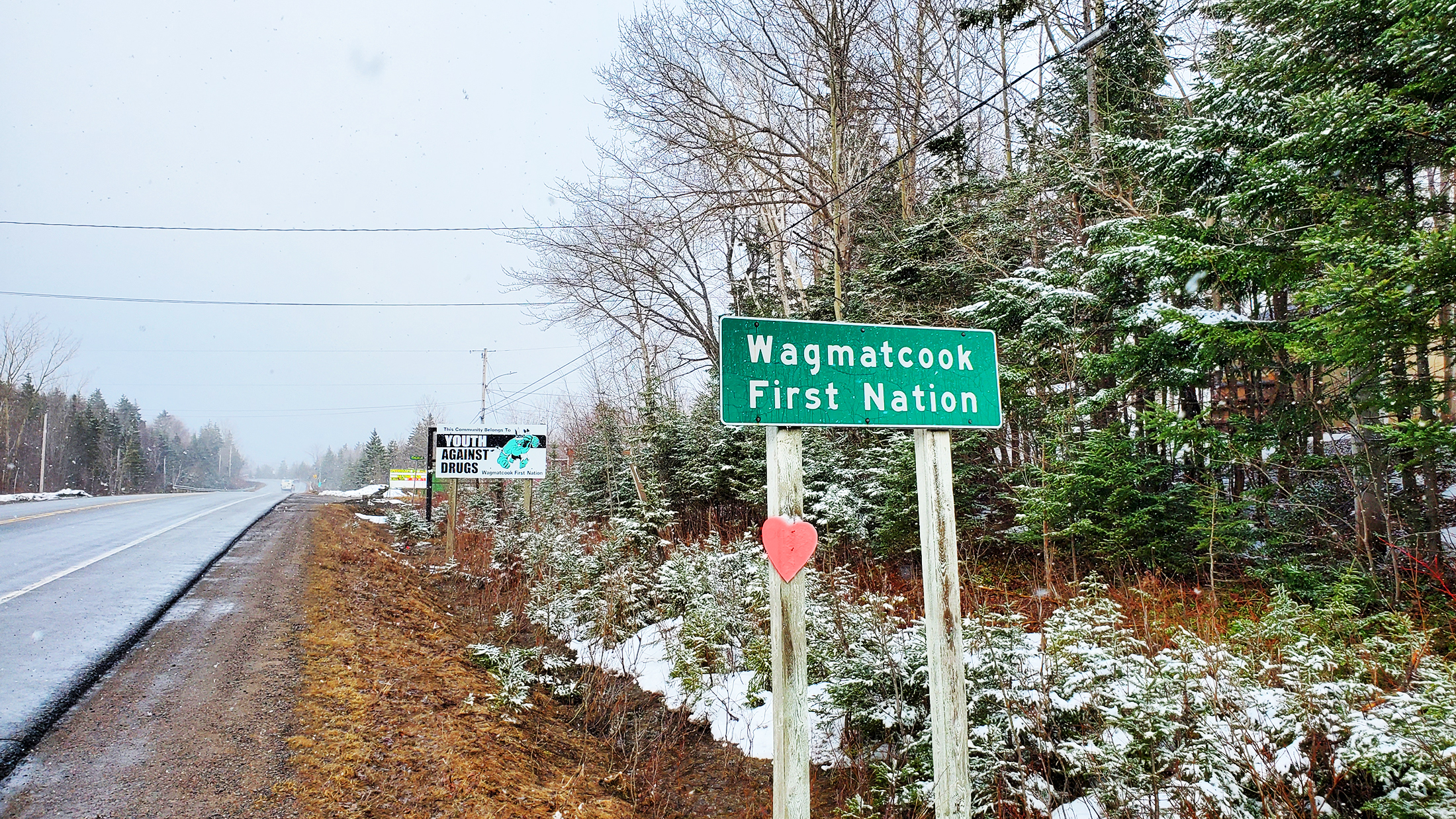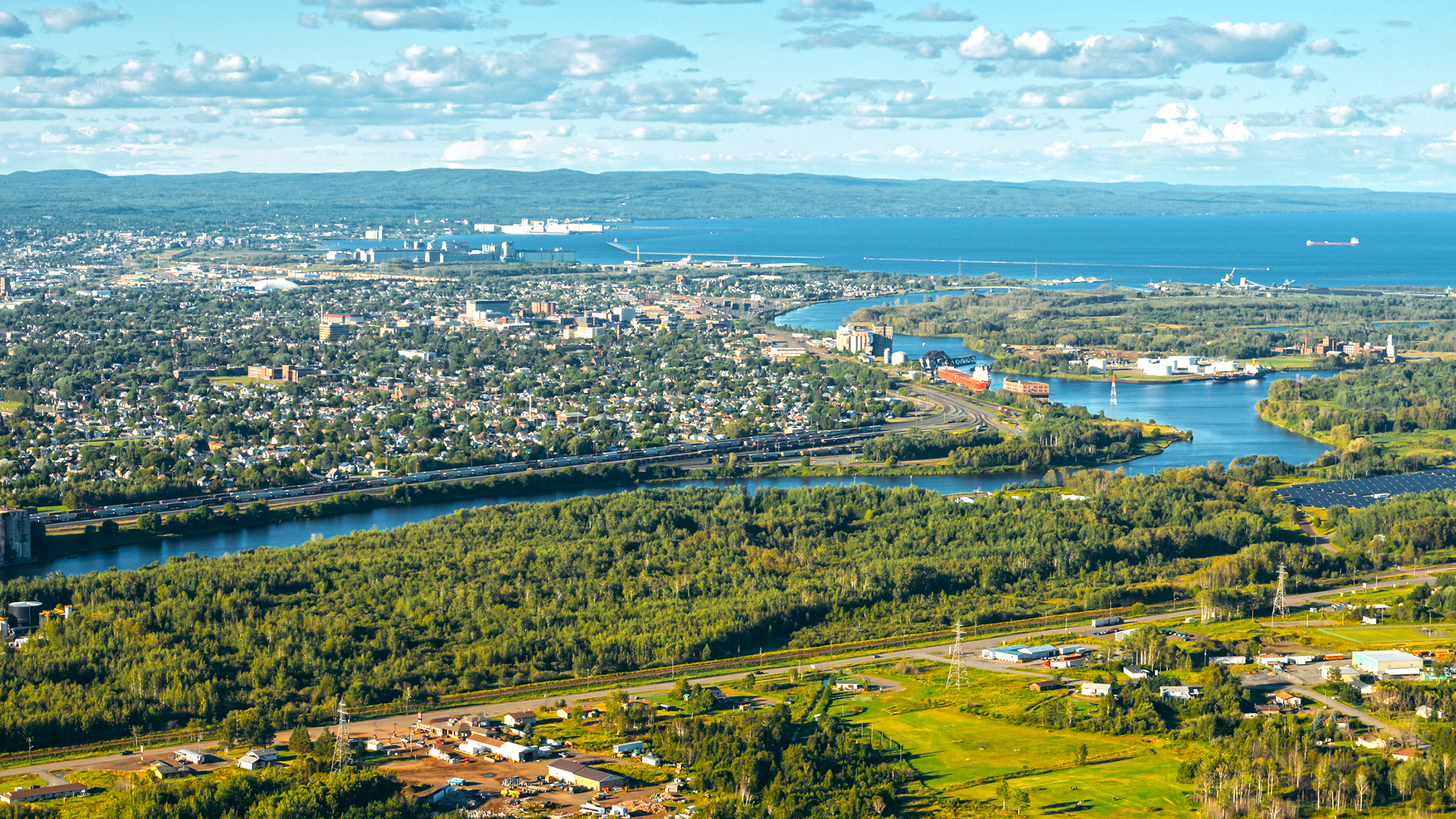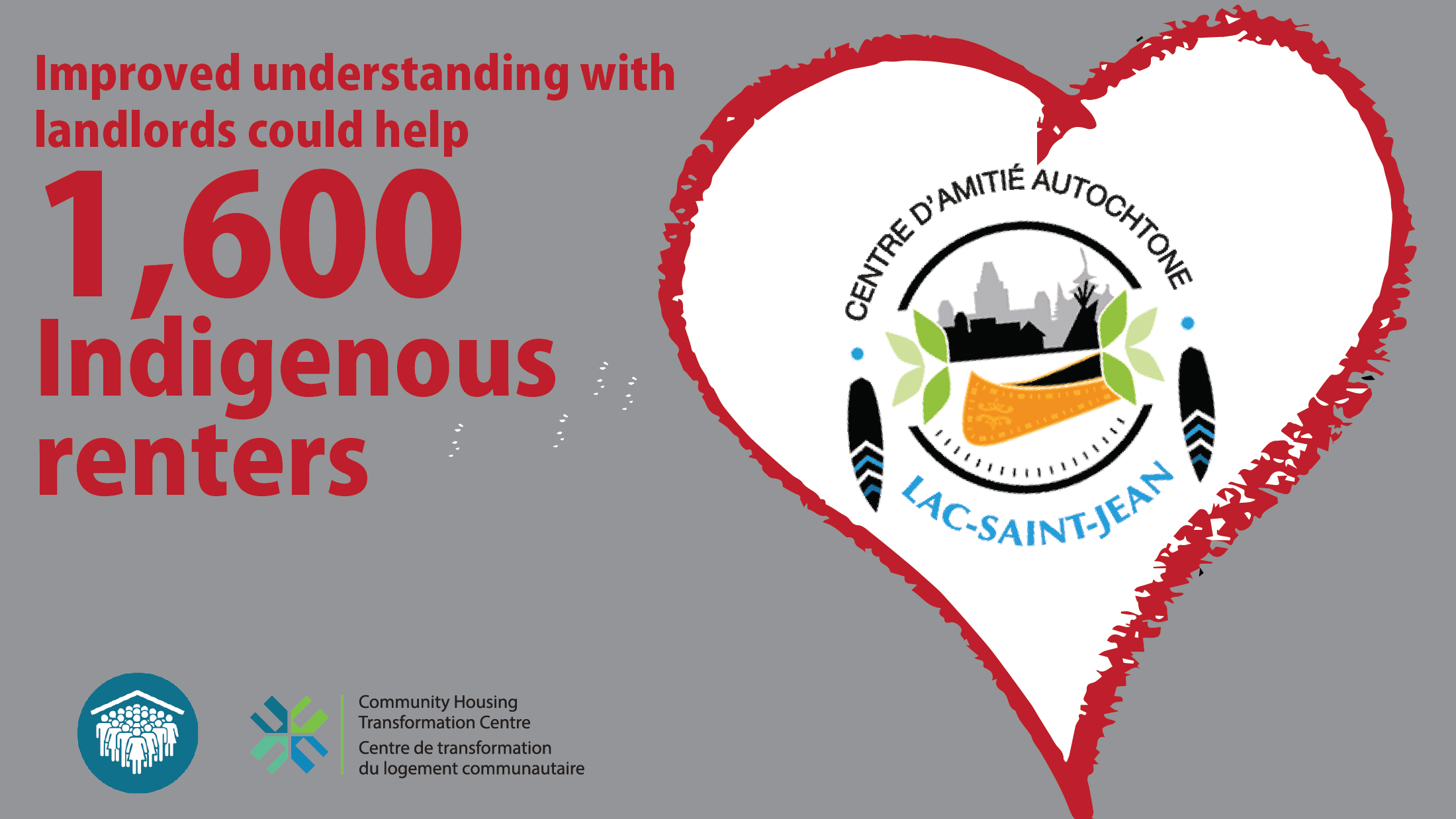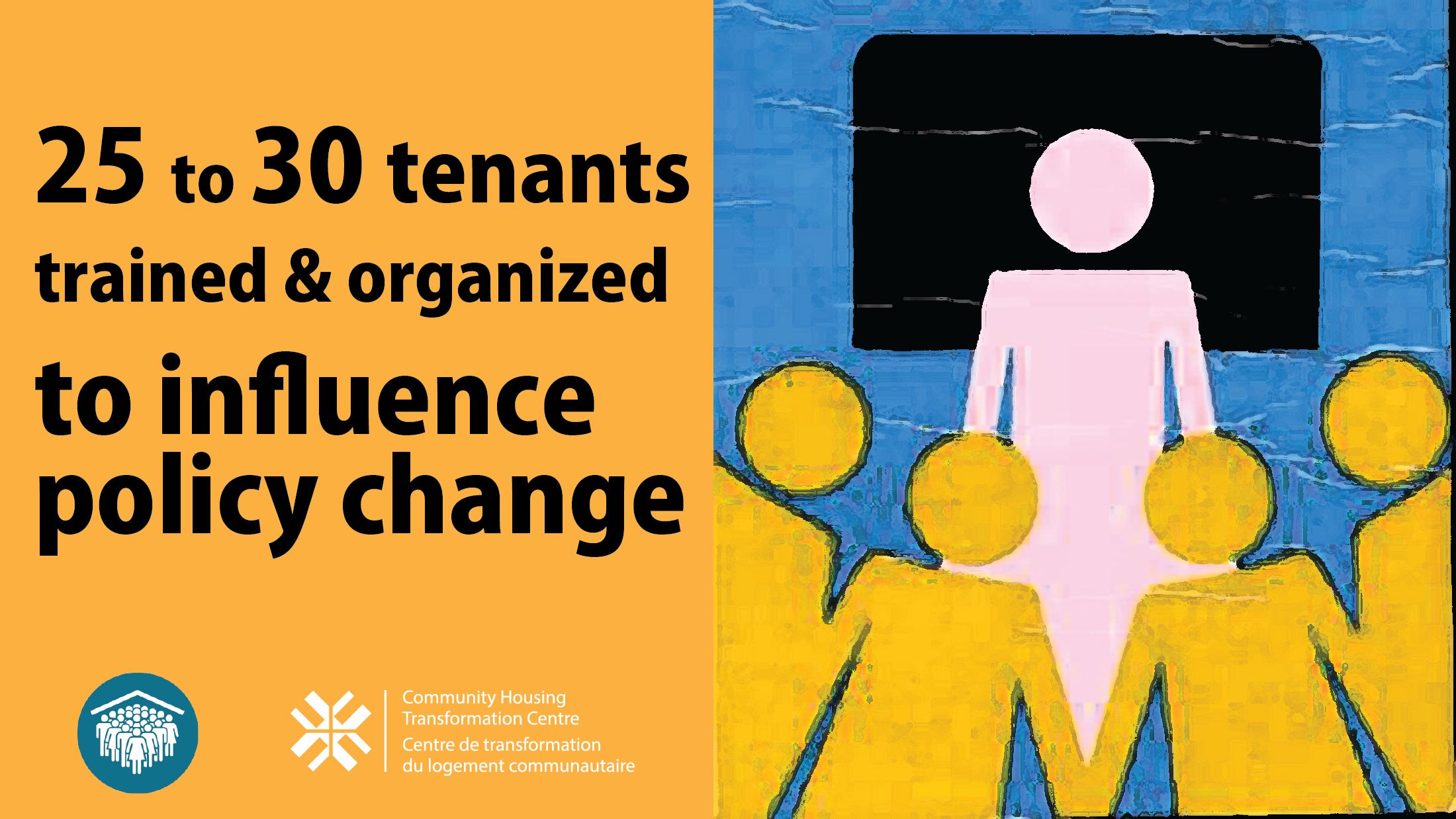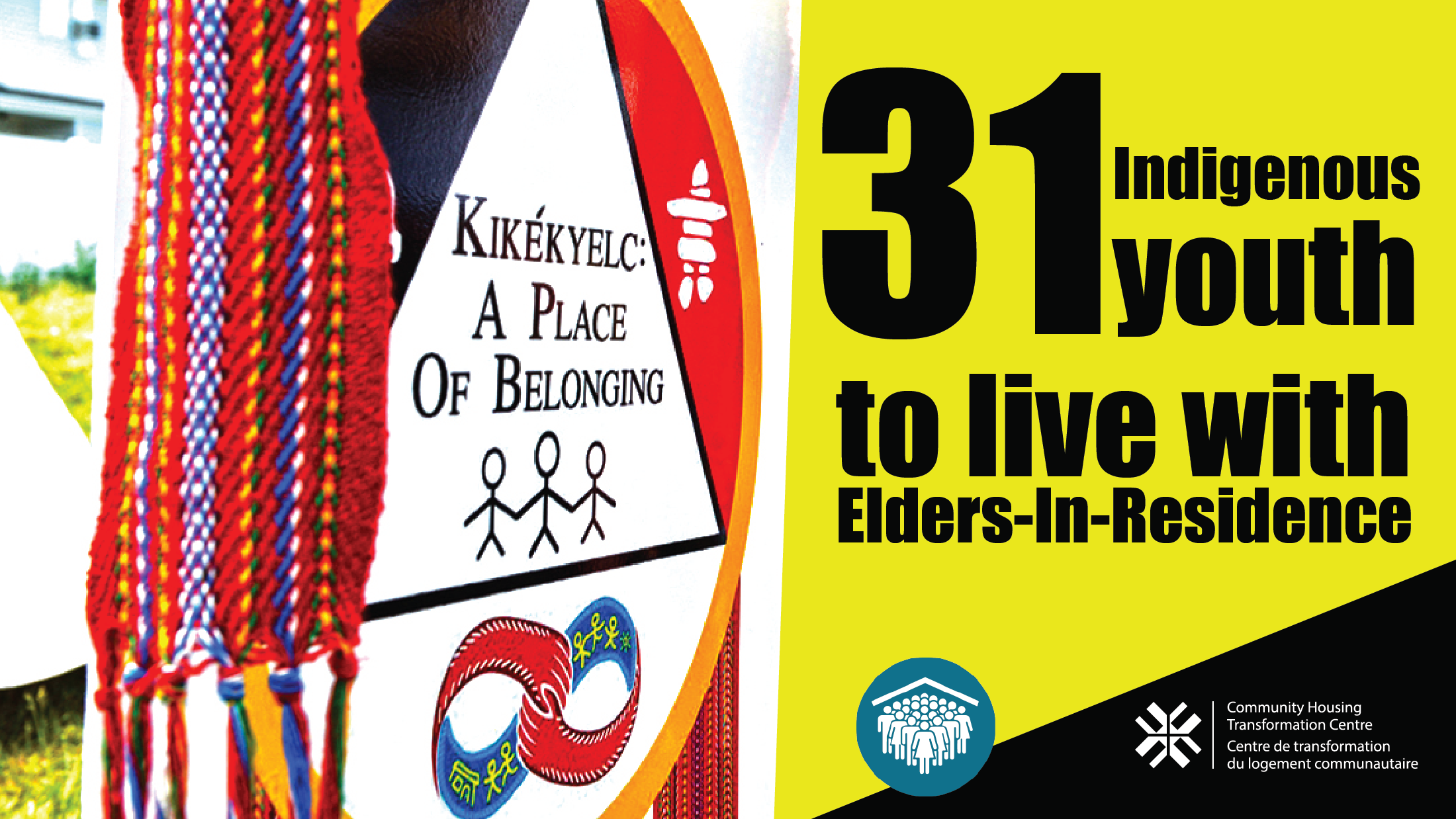Reconciliation With Indigenous Peoples
We recognize that there is a significant infrastructure gap between Indigenous and non-Indigenous communities in Canada.
This gap is the result of hundreds of years of systematically unbalanced relationships and dispossession that continue to fuel an increasingly acute housing crisis for Indigenous peoples.
We want to contribute to reconciliation by promoting co-partnership in the community housing sector. Indeed, we believe that the concept of community-based housing can be in tune with Indigenous traditions. When properly implemented, community-based housing is an empowering tool for upholding rights and developing capacity. It can be a source of hope, while strengthening Indigenous and non-Indigenous communities.
We are therefore committed to:
- Promoting, within the Centre and externally, reconciliation with Indigenous peoples
- Accompanying and supporting Indigenous-managed housing providers in their transformation efforts
- Creating tools and training adapted to the needs of Indigenous peoples, in order to facilitate the deployment of community-based housing and contribute to reconciliation


Indigenous Internship Program
An initiative designed to propel the careers of Indigenous youth in community-based housing.

Grants
- Local Projects
- Sectoral Projects
- Nunalingni Piruqpaalirut Fund
- Nova Scotia’s Community Housing Growth Fund

Services
- Energy efficiency coaching services
- Self-assessment tools
- Resource inventory
- Special projects
News on reconciliation with Indigenous peoples

Honouring Indigenous leadership: An ongoing commitment towards transformation
June is National Indigenous History Month, a time to honour the histories, cultures, and leadership of First Nations, Inuit, and Métis peoples from coast to coast to coast. At the […]
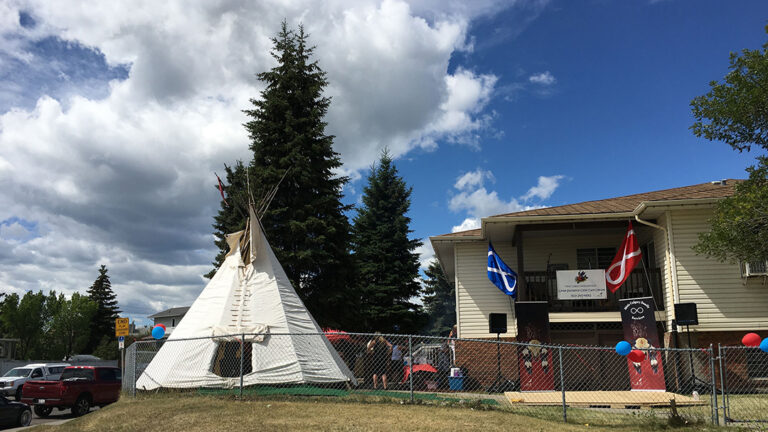
By and for Indigenous peoples: Housing transformation in Calgary
With a population exceeding 50,000, Calgary’s urban Indigenous community faces an acute housing crisis rooted in systemic inequities. The lack of culturally grounded housing options, particularly for large, intergenerational families, […]

Today and every day, we recognize the importance of reconciliation with First Nations, Inuit, and Metis people
For thousands of years, Indigenous peoples have lived in harmony with the land, integrating values of respect, reciprocity, and shared responsibility. Their relationship with the land is a model of […]
